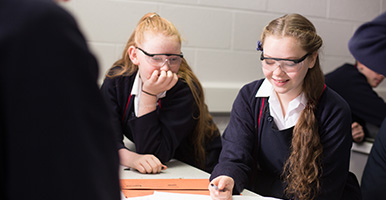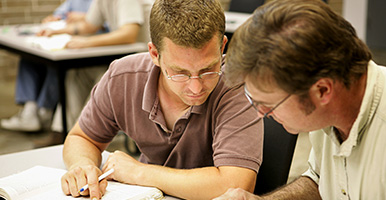Sustainability and Social Justice
The Sustainability and Social Justice (S&SJ) Research Group is long-established. Inter-disciplinary in nature, its members are engaged in diverse research areas that sit under the broad umbrella of ‘sustainability’, interpreted in its broadest sense, ‘social justice’, including equalities, and education.
The diversity of its members reflects engagement in theory, practice, and policy research in formal, non-formal, community based and life-long learning. In seeking to investigate these areas, it provides a creative, collaborative, and inclusive research and writing space. Members of the group are active in local, national, and international research networks.
We invite people into conversations about their research which may include, but is not limited to, the following:
- ethics of research with children, young people, and communities
- inclusive and creative research approaches and methods
- research, practice and provision relating to gender, ethnicity, inclusion and SEND
- children and young people’s understandings of a changing world
- intersectionality in children’s lives
- children and young people’s wellbeing
- young people, technology, and new literacies
- critical perspectives of education for sustainability
- global learning and critical global citizenship education
- working with international partners
If you are interested in helping to develop this collaborative group, please contact Dr Angie Daly (A.Daly@ljmu.ac.uk), Dr Nicky Hirst (N.J.Hirst@ljmu.ac.uk), or Dr Sue Kay-Flowers (S.J.Kay-Flowers@ljmu.ac.uk).
To meet colleagues and see further information on their work, click on the links below.
Loading staff profiles…
-

Dr Lorna Brookes
-

Dr Karen Broomhead
-

Gavin Butler
-

Dr Angela Daly
-

Dr Ceri Daniels
-

Ahmad Dolani
-

Dr Graham Downes
-

Dr Judith Enriquez
-

Dr Lindsey Gaston
-

Dr Nicky Hirst
-

Tabo Huntley
-

Dr Susan Kay-Flowers
-

Heather Kirby
-

Sarah Maclennan
-

Rebecca McCartney
-

Dr Naomi McLeod
-

Vicky Rheya
-

Dr Sana Rizvi
-

Phillip Rothwell
-

Dr Anne-Marie Smith
-

Mia Smith
-

Prof Michael Thomas
-

Dr Catherine Wilkinson
-

Dr Peter Wood
-

Sarah Yearsley



